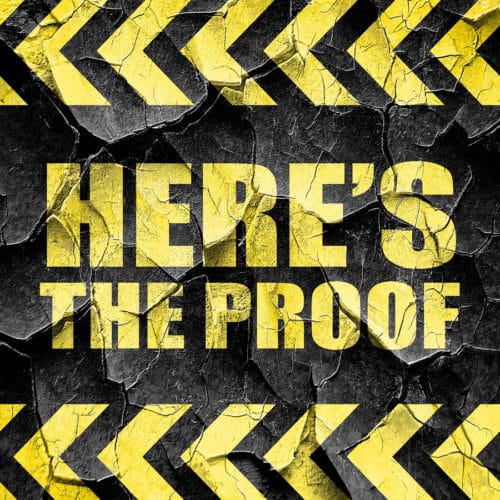In a case where evidence has not been preserved by the opposing party, one might have a claim of spoliation of evidence. As defined by Indiana case law, “spoliation of evidence is the intentional destruction, mutilation, alteration, or concealment of evidence – if spoliation by a party to a lawsuit is proved, the jury may infer that the missing evidence was unfavorable to that party.” American Nat. Property and Casualty Co. v. Wilmoth 893 N.E.2d 1068 (Ind. Ct. of Appeals) 2008.
Procedurally, a Preservation of Evidence Request is normally filed first. If the other party does not preserve the evidence, they may be sanctioned by the court for spoliation. This means that a party requesting evidence was told that it was unavailable, or had been lost, or had been destroyed. This can occur if a video recording was not preserved, or an object was thrown away or destroyed. However, the moving party must prove that spoliation has occurred. Spoliation only applies to physical evidence, such as objects, documents, or records pertaining to the case.
Indiana’s court system has also laid out what a party needs to prove in order to succeed on a claim of spoliation. “A party raising a claim of spoliation must prove that (1) there was a duty to preserve the evidence, and (2) the alleged spoliator either negligently or intentionally destroyed, mutilated, altered, or concealed the evidence.” NIPSCO v. Aqua Environmental 102 N.E.3d 290 (Ind. Ct. of Appeals) 2018.
A duty to preserve the evidence would arise if that evidence is necessary in determining cause or fault. For example, in the above cited case, a fire occurred at Aqua Environmental’s warehouse. The cause of the fire was suspected to be a furnace that NIPSCO had installed and maintained. However, while demolishing and fixing the warehouse, Aqua Environmental lost or threw away a piece of the furnace that was necessary to determine if it was the exact cause of the fire. NIPSCO made a claim of spoliation and it was determined that the evidence had negligently been lost by Aqua.
Spoliation claims do not necessarily lead to sanctions. Generally, courts look at two factors to determine if sanctions are viable. The two factors are (1) the degree of culpability of the party who lost or destroyed the evidence, and (2) the degree of actual prejudice to the other party NIPSCO v. Aqua Environmental 102 N.E.3d at 303. Both culpability and prejudice are determined by using a scale to determine the degree of each factor. Determining adequate remedies for spoliation of evidence is left to the trial court.
Spoliation of evidence is unanimously decried by courts as thwarting justice or equitable remedies under the law. When spoliation of evidence occurs, a party is disadvantaged by a sudden lack of evidence it might require in order to try a case. When dealing with spoliation of evidence in a case, a party must ensure that the issue meets the requirements for spoliation of evidence to be established, and they must be able to show they have been prejudiced as a result. It’s important to contact a personal injury lawyer quickly after you’re injured so we can be sure to ask that any necessary evidence be preserved.





